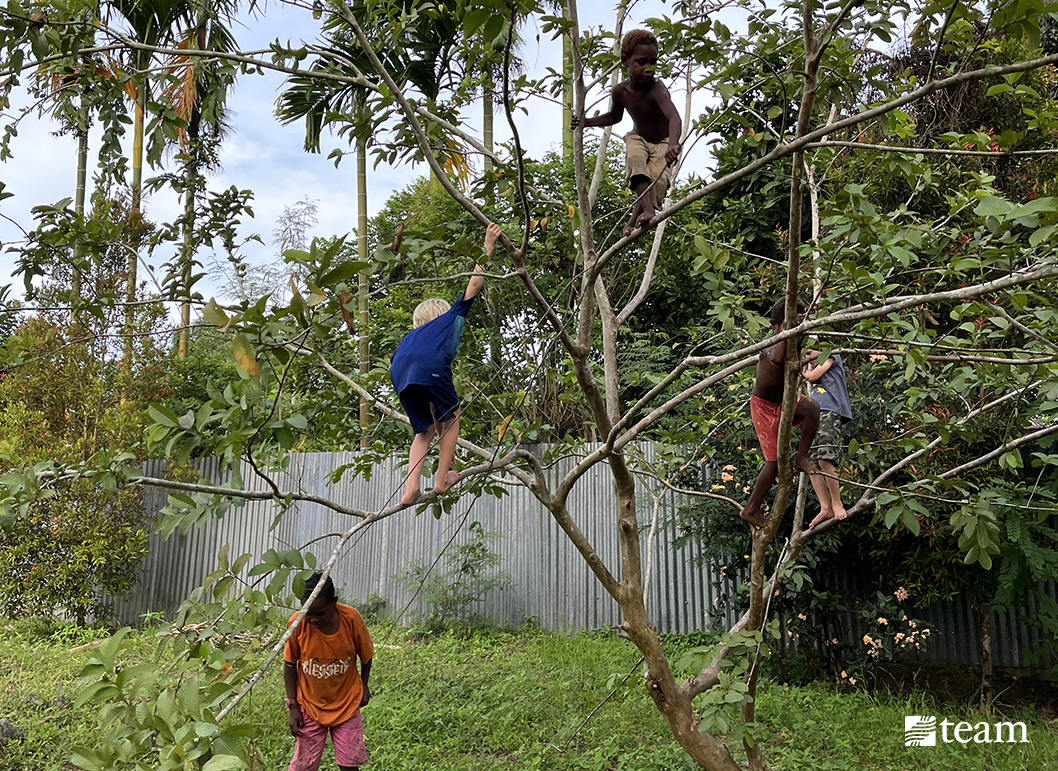
Ministry Updates
Storytelling and Respecting Subjects
April 8, 2014
by Interactive Supply

Everyone loves a good story. Except, sometimes, when it’s about them.
Like most missions agencies, TEAM has a dedicated group of professionals who work to tell the stories of what God is doing around the world. Our storytelling team (in my opinion) has one of the best jobs around, getting to know our amazing workers on the field and inviting people half a world away to experience their work through words, images and videos.
Our goal is to tell the most accurate, compelling and authentic stories we can. But that goal sometimes conflicts with the desires of our story subjects, who may wish for good reasons that a story about them would leave some things out. Not long ago, for example, we interviewed someone who is not a Christian and with whom nearby missionaries have worked for years to build a relationship. The missionaries were understandably concerned about how we would use this interview, out of a desire to protect the relationship they had worked so hard to grow.
How do we balance this nearly constant tension?
It’s not always easy. Yet there are a few basic principles we try to abide by when doing missions storytelling. We may sometimes do a better job of applying them than at other times, but for the most part they steer us clear of hazards.
Transparency
If we are going to tell authentic stories about others, we first seek to be authentic ourselves. We try to present ourselves honestly and be upfront about what we’re doing. Though we do have to be prudent and even creative in situations where our writers’ or photographers’ safety may be at risk, we strive to never do our work in secret or deceptive ways.
Relationship
We seek to tell stories out of relationship. Whether doing an interview or taking a photo, we try to build as deep a relationship with a story subject as we can given the constraints of time and cultural differences. This is simply a way of honoring a person’s God-given dignity, of choosing not to reduce someone made in God’s image to a mere object.
Often in nonprofit and mainstream media, if a source is uncomfortable with a story after it publishes, it’s because they were uncomfortable with the writer or photographer. Many times a source would have been completely happy with that same story had the journalist “earned the right” to tell it by building a better relationship in the first place. It’s similar to how, when your sister posts a funny photo of you on Facebook, you respond very differently than if a stranger posted the same photo.
Accountability
Building on the two principles above, we try to do our work in such a way that our subjects would know what to expect and be comfortable with what we write or say about them. In fact, we often provide the stories to the subjects to read after they’ve been published. This keeps us accountable. Foreign reporting in all media sectors is full of temptation to cut corners because there is such disparity of information — not many readers in the United States know what’s happening in a remote corner of Southeast Asia, so they are unlikely to challenge a reporter’s facts. We work closely with our workers on the ground and with story subjects themselves to make sure that we are getting our facts straight.
There are certainly times we decide to not tell a story or to omit parts of a story — mainly, if publicizing something would jeopardize the safety of our workers or the success of their projects. But those times are few and far between. For the most part, we’ve found that working with integrity, transparency and respect is enough to tell great stories about the great ways the Kingdom is moving around the world.

